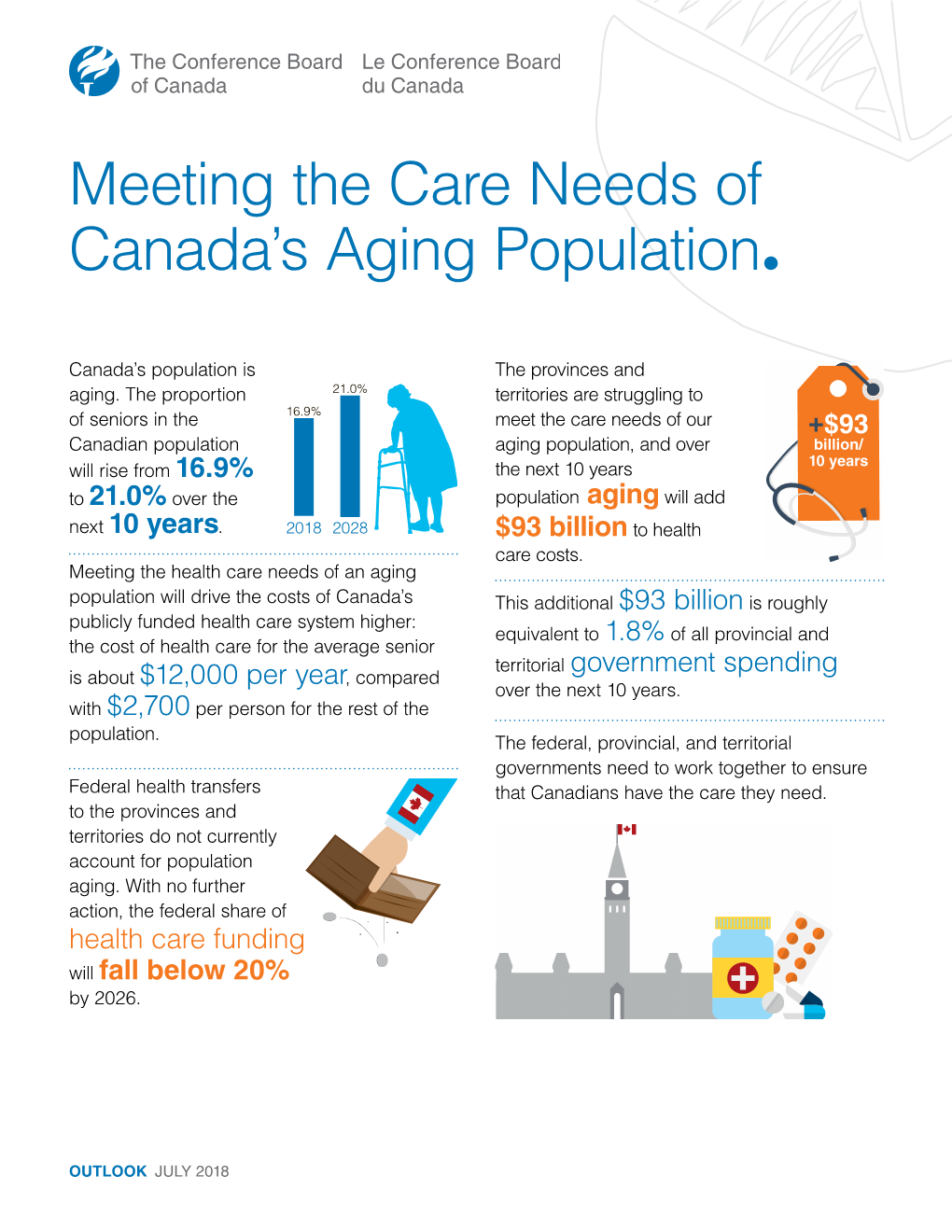Why Future-Proofing Your Career Matters
The modern workforce is undergoing a significant transformation, driven by technological advancements, shifting workforce demographics, and the need for adaptability. As automation and artificial intelligence continue to reshape industries, it’s essential to be prepared for the jobs that are needed in the future. According to a report by the World Economic Forum, by 2022, more than a third of the desired skills for most jobs will be comprised of skills that are not yet considered crucial to the job today.
This highlights the importance of future-proofing your career to remain relevant in the job market. The jobs that are needed in the future will require professionals to be adaptable, innovative, and skilled in emerging technologies. For instance, the rise of cloud computing has created a high demand for cloud architects, engineers, and security specialists. Similarly, the growth of the Internet of Things (IoT) has led to an increased need for IoT developers, data analysts, and cybersecurity experts.
The impact of technological advancements on the job market is undeniable. Automation and artificial intelligence are changing the nature of work, making some jobs obsolete while creating new ones. According to a report by McKinsey, up to 800 million jobs could be lost worldwide due to automation by 2030. However, the same report also suggests that while automation may displace some jobs, it will also create new ones, such as in fields like data science, artificial intelligence, and robotics.
Shifting workforce demographics are also driving the need for future-proofing careers. The modern workforce is becoming increasingly diverse, with more women, minorities, and older workers entering the job market. This shift has created a need for professionals who can manage and lead diverse teams, as well as those who can cater to the needs of diverse customer bases.
Finally, future-proofing your career is essential to remain adaptable in a rapidly changing job market. With the rise of the gig economy and remote work, professionals need to be able to adapt quickly to new work arrangements and technologies. This requires a mindset shift, as well as the development of new skills, such as digital literacy, communication, and project management.
How to Identify In-Demand Careers of the Future
Identifying in-demand careers of the future requires a combination of research, analysis, and exploration. One of the most effective ways to start is by researching industry trends and job market data. This can be done by analyzing reports from reputable sources such as the Bureau of Labor Statistics, the World Economic Forum, and industry-specific publications.
Another way to identify emerging professions is by exploring new technologies and their potential applications. For instance, the growth of artificial intelligence and machine learning has created a high demand for professionals with expertise in these areas. Similarly, the increasing use of blockchain technology has led to a growing need for blockchain developers, engineers, and consultants.
Networking with professionals in emerging fields can also provide valuable insights into the jobs that are needed in the future. Attend industry conferences, join online communities and forums, and connect with professionals on LinkedIn to learn more about the skills and qualifications required for in-demand careers.
Online job boards and career websites can also provide valuable information on emerging professions. Look for job postings that highlight skills and qualifications that are in high demand, and research the companies that are hiring for these positions.
Finally, consider the skills and qualifications that are likely to be in high demand in the future. According to a report by the World Economic Forum, the top skills required for the jobs of the future include complex problem-solving, critical thinking, creativity, and emotional intelligence.
By combining these strategies, individuals can gain a better understanding of the jobs that are needed in the future and make informed decisions about their career paths. Whether it’s through researching industry trends, exploring new technologies, or networking with professionals, there are many ways to identify in-demand careers of the future.
The Rise of STEM Careers: Opportunities in Science, Technology, Engineering, and Math
The demand for STEM professionals is on the rise, driven by the increasing need for innovation and technological advancements in various industries. Careers in science, technology, engineering, and math are becoming increasingly important for the jobs that are needed in the future. According to a report by the Bureau of Labor Statistics, employment of STEM occupations is projected to grow 8.8% from 2020 to 2030, faster than the average for all occupations.
One of the most in-demand STEM careers is data science. With the exponential growth of data, companies are looking for professionals who can collect, analyze, and interpret complex data to make informed decisions. Data scientists are in high demand across various industries, including finance, healthcare, and technology.
Artificial intelligence and machine learning are also driving the demand for STEM professionals. As AI and machine learning continue to transform industries, the need for experts who can develop and implement these technologies is growing. Careers in AI and machine learning include AI engineer, machine learning engineer, and natural language processing specialist.
Cybersecurity is another STEM career that is in high demand. As technology advances, the need for cybersecurity experts who can protect networks, systems, and data from cyber threats is growing. Careers in cybersecurity include security analyst, penetration tester, and chief information security officer.
Renewable energy is also a growing field that requires STEM professionals. As the world shifts towards sustainable energy sources, the demand for experts who can develop and implement renewable energy technologies is increasing. Careers in renewable energy include solar engineer, wind engineer, and energy efficiency specialist.
These STEM careers offer a range of opportunities for professionals who are interested in pursuing a career in science, technology, engineering, and math. With the increasing demand for STEM professionals, it’s essential to develop the skills and qualifications required for these careers to remain competitive in the job market.
Healthcare Careers of the Future: Meeting the Needs of an Aging Population
The healthcare industry is undergoing a significant transformation, driven by the aging population and the increasing need for healthcare services. As a result, there is a growing demand for healthcare professionals who can provide high-quality care to older adults. Careers in healthcare are becoming increasingly important for the jobs that are needed in the future.
Gerontology is one of the fastest-growing fields in healthcare, with a focus on the health and well-being of older adults. Gerontologists work with patients, families, and healthcare providers to develop care plans that address the unique needs of older adults. This field is expected to grow significantly in the coming years, with a projected 20% increase in employment opportunities by 2025.
Healthcare management is another in-demand career in the healthcare industry. With the increasing complexity of healthcare systems, there is a growing need for professionals who can manage and lead healthcare organizations. Healthcare managers oversee the day-to-day operations of hospitals, clinics, and other healthcare facilities, ensuring that patients receive high-quality care.
Medical research is also a critical component of the healthcare industry, with a focus on developing new treatments and therapies for various diseases and conditions. Medical researchers work in laboratories, hospitals, and research institutions, conducting studies and collecting data to advance our understanding of human health and disease.
Other healthcare careers that are in high demand include nursing, occupational therapy, and physical therapy. These professionals work with patients to develop care plans, provide treatment, and promote healthy lifestyles. With the aging population and the increasing need for healthcare services, these careers are expected to grow significantly in the coming years.
The healthcare industry is also experiencing a shift towards value-based care, with a focus on providing high-quality care at a lower cost. This shift is driving the demand for healthcare professionals who can work collaboratively with patients, families, and healthcare providers to develop care plans that address the unique needs of each individual.
Sustainable Careers: Jobs that Support a Greener Future
The world is shifting towards a more sustainable future, and careers in sustainability are becoming increasingly important for the jobs that are needed in the future. As concern for the environment grows, companies and organizations are looking for professionals who can help them reduce their environmental impact and promote sustainable practices.
Environmental conservation is one of the fastest-growing fields in sustainability, with a focus on preserving and protecting natural resources. Environmental conservationists work with governments, organizations, and communities to develop and implement conservation plans, protect endangered species, and promote sustainable land use.
Sustainable agriculture is another emerging field in sustainability, with a focus on producing food in a way that is environmentally friendly and socially responsible. Sustainable agriculture professionals work with farmers, ranchers, and food producers to develop and implement sustainable agriculture practices, reduce waste, and promote local food systems.
Green technology is also a growing field in sustainability, with a focus on developing and implementing technologies that reduce environmental impact. Green technology professionals work with companies and organizations to develop and implement sustainable technologies, such as renewable energy systems, green buildings, and sustainable transportation systems.
Other sustainable careers that are in high demand include sustainability consulting, green architecture, and environmental engineering. These professionals work with companies and organizations to develop and implement sustainable practices, reduce waste, and promote environmental stewardship.
The shift towards a more sustainable future is driving the demand for professionals who can help companies and organizations reduce their environmental impact and promote sustainable practices. Careers in sustainability are becoming increasingly important for the jobs that are needed in the future, and professionals who can help companies and organizations achieve their sustainability goals are in high demand.
The Future of Work: Preparing for the Gig Economy and Remote Work
The way we work is changing, and the gig economy and remote work are becoming increasingly popular. With the rise of digital technologies and the need for flexibility, many professionals are turning to freelance and remote work as a way to achieve a better work-life balance and increase their earning potential.
Freelance writing is one of the most in-demand careers in the gig economy, with companies and organizations looking for professionals who can create high-quality content on a project-by-project basis. Freelance writers work with clients to develop and implement content strategies, write and edit articles and blog posts, and create engaging social media content.
Virtual assistance is another growing field in the gig economy, with professionals working remotely to provide administrative support to businesses and entrepreneurs. Virtual assistants handle tasks such as email management, calendar organization, and data entry, allowing business owners to focus on high-level tasks and strategy.
Online education is also becoming increasingly popular, with professionals creating and teaching online courses on a variety of subjects. Online educators work with students to develop and implement learning plans, create engaging course content, and provide feedback and support.
Other careers in the gig economy and remote work include social media management, web development, and online marketing. These professionals work with clients to develop and implement online strategies, create engaging content, and increase their online presence.
The shift towards the gig economy and remote work is driving the demand for professionals who can work independently and manage their own time and workload. Careers in the gig economy and remote work are becoming increasingly important for the jobs that are needed in the future, and professionals who can adapt to this new way of working are in high demand.
Creative Careers of the Future: Opportunities in Digital Media and Arts
The creative industry is undergoing a significant transformation, driven by the rise of digital technologies and the increasing demand for innovative and engaging content. Careers in digital media and arts are becoming increasingly important for the jobs that are needed in the future, with professionals in this field working on a wide range of projects, from video games and virtual reality experiences to digital advertising and social media campaigns.
Digital media is one of the fastest-growing fields in the creative industry, with professionals working on the development and production of digital content, such as videos, animations, and special effects. Digital media professionals use a range of software and technologies to create engaging and interactive content, including 3D modeling and animation, video editing, and visual effects.
Graphic design is another in-demand career in the creative industry, with professionals working on the development and production of visual content, such as logos, branding, and advertising materials. Graphic designers use a range of software and technologies to create engaging and effective visual content, including Adobe Creative Suite and other design tools.
Virtual reality (VR) and augmented reality (AR) are also becoming increasingly popular in the creative industry, with professionals working on the development and production of immersive and interactive experiences. VR and AR professionals use a range of software and technologies to create engaging and interactive experiences, including 3D modeling and animation, programming, and design.
Other creative careers that are in high demand include game development, digital photography, and digital journalism. These professionals work on a wide range of projects, from developing video games and creating digital content to taking photographs and writing articles for online publications.
The creative industry is constantly evolving, with new technologies and software emerging all the time. Careers in digital media and arts are becoming increasingly important for the jobs that are needed in the future, and professionals who can adapt to this changing landscape are in high demand.
Upskilling and Reskilling: How to Prepare for the Jobs of Tomorrow
The job market is constantly evolving, and professionals need to be prepared to adapt to new technologies, industries, and job requirements. Upskilling and reskilling are essential for staying relevant in the job market and preparing for the jobs that are needed in the future.
Online learning is one of the most effective ways to upskill and reskill, with a wide range of courses and programs available online. Professionals can take online courses to learn new skills, such as programming, data analysis, and digital marketing. Online learning platforms, such as Coursera, Udemy, and LinkedIn Learning, offer a wide range of courses and programs that can help professionals upskill and reskill.
Professional development is also essential for upskilling and reskilling. Professionals can attend conferences, workshops, and seminars to learn new skills and network with other professionals in their industry. Professional development opportunities can help professionals stay up-to-date with the latest trends and technologies in their industry.
Networking is also an essential part of upskilling and reskilling. Professionals can network with other professionals in their industry to learn about new job opportunities and stay up-to-date with the latest trends and technologies. Networking can also help professionals build relationships with other professionals in their industry, which can lead to new job opportunities and career advancement.
Another way to upskill and reskill is to pursue a certification or a degree in a field that is in high demand. For example, professionals can pursue a certification in data science, artificial intelligence, or cybersecurity to prepare for the jobs that are needed in the future.
Finally, professionals can also upskill and reskill by taking on new challenges and responsibilities in their current job. This can help them develop new skills and gain experience in areas that are in high demand.
Upskilling and reskilling are essential for preparing for the jobs that are needed in the future. By taking online courses, attending professional development opportunities, networking, pursuing certifications or degrees, and taking on new challenges and responsibilities, professionals can stay relevant in the job market and prepare for the jobs that are needed in the future.







